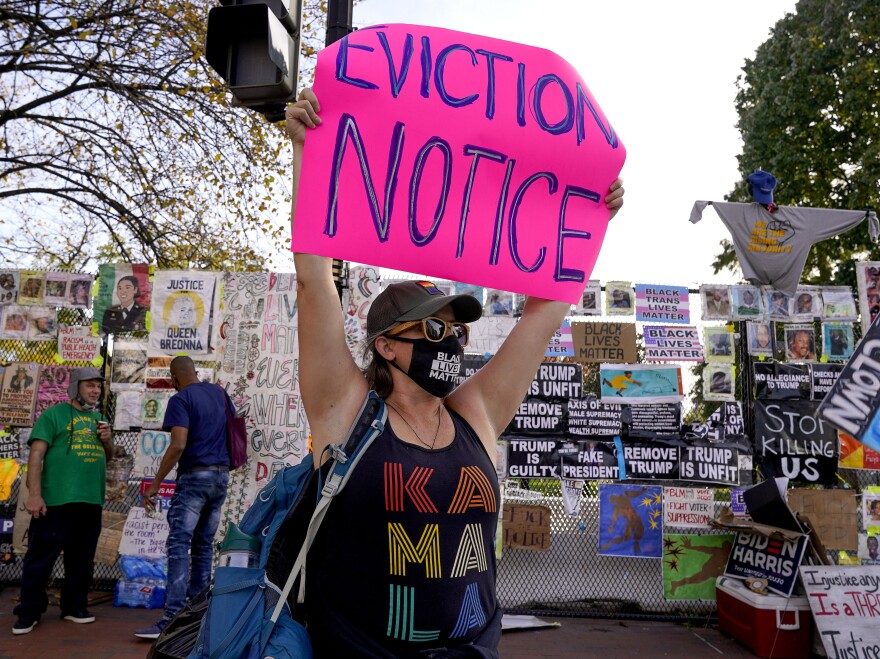Michigan got more than a billion dollars from the federal government to fight evictions, but so far the state has spent only 29% of that money.
The funding could prove to be a lifeline to many renters after the U.S. Supreme Court struck down a national moratorium on evictions last week. The freeze applied to counties with substantial or high risk of COVID-19 transmission; every Michigan county is now at that risk level.
Landlords and tenants can apply through the COVID Emergency Rental Assistance program for money to cover rent and utilities if the tenants earn less than 80% of the area median income and meet certain criteria like having a drop in their income or qualifying for unemployment benefits.
As of this week, Michigan allocated nearly $182 million of the $622 million available through that program, according to figures provided by the Michigan State Housing Development Authority.
The U.S. Department of Treasury could claw back some of Michigan's funding if the state doesn't show that it's spent or earmarked at least 65% of the money by Sept. 30.
State officials say they don't believe that will happen, however.
"We project having applications received to demonstrate the demand that they're looking for," MSHDA spokeswoman Katie Bach said.
The state approved about 38% of the applications it received through the end of August and rejected another 11%, according to MSDHA.
Nearly half the applications were still being processed.
Tenants behind on rent should apply right away for help, said Kelly Rose, MSHDA's chief housing solutions officer.
“Don't wait for your landlord to take eviction steps with the court," she said.
The slow-moving allocation of federal eviction funds has been an issue nationwide
In all, states and localities reported giving out only 11% of the $46.5 billion available as of July 31.
In an attempt to speed up the process, federal officials announced last month that applicants can use self-attestation to document their financial need.
Visit michigan.gov/CERA to learn more.

